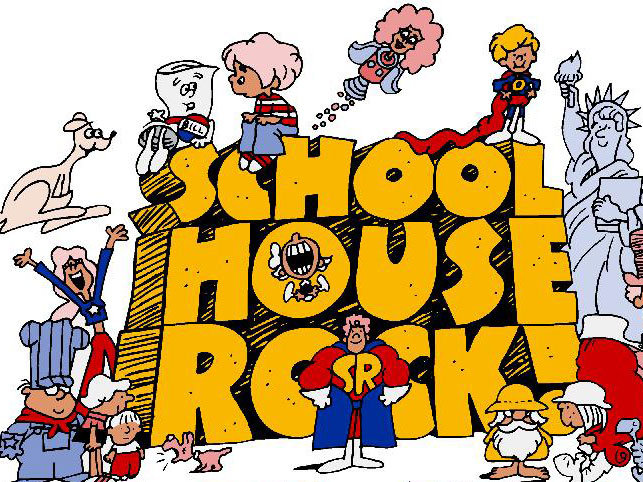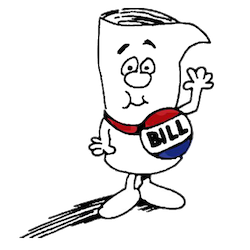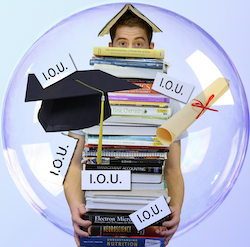It is time to reclaim the democratic purpose of public education. Here are three things policymakers and educators should consider to get started.
“Democracy has to be born anew every generation, and education is its midwife.”
John Dewey
As a young AP Government teacher, I was shocked at how little my students knew about our democracy. These “advanced” high school seniors didn’t understand the First Amendment. They didn’t know how voting worked. And they didn’t feel interconnected with their fellow citizens. My 10-year-old memorized Hamilton and he identifies more with our democracy. I found myself standing in front of a group of intelligent young adults who weren’t ready to accept their civic duties. At all.
I knew something was wrong with the system.
We have no national curriculum. States set their own curricula and many have adopted the Common Core – a set of broad skill-based standards. For students in K-5, there are no social studies standards. None. And as I recently wrote, a new study found school districts are failing to prioritize civics education.
In addition, the emphasis on testing has forced us to focus heavily on English and math at the expense of other content. With such a dramatically fragmented system, it’s hard to know what kids are learning about civics. But I do know that if we are churning out graduates who don’t understand the citizens’ role in a democratic society, we’re on very shaky ground. It seems as if we’ve been doing exactly that for decades. Policymakers and educators should consider these three ideas of how we can begin to change course.
1) Let’s Schoolhouse Rock

As a kid, I loved Schoolhouse Rock. It was part of the culture to sing about how democracy works. No, I’m not suggesting we sit back and put civic education on video, although it couldn’t hurt to mandate memorization of I’m Just a Bill. The point is that because of the fractured education system, we no longer agree on a common language, facts, principles, and priorities.
And this makes us vulnerable to lies and misinformation.
Democracy doesn’t work without an informed citizenry, especially when there’s an endless supply of “news” sources. My son mostly gets his news from Jimmy Kimmel and Saturday Night Live. Both are hilarious but not especially objective. And probably not age-appropriate. Please don’t tell.
We need to get our act together and start supporting democracy’s midwife. It’s not going to happen on its own.
2) #UnfollowTheNonsense
I’ve never understood how people get their news from Twitter feeds – until the past few weeks. After the election, I went on because I wanted to see how half of us could believe in a truth opposite to what the other half of us believe. My feed seemed pretty rational, populated with people with whom I agree. I read what they posted and clicked on the articles they shared. It all seemed on the up and up. article continues after advertisement
Then I watched the documentary, The Social Dilemma. I know I’m late to the party, but it was shocking to see how Google and social media manipulatively curate content based on our data as a way to lure us in and reinforce our own beliefs. The more clicks, the larger the profit. The “other side” is reading articles posted by people they follow. And to them, it also seems to be on the up and up.
And this too makes us vulnerable to lies and misinformation.
As a history teacher and a school head, I always stressed teaching media literacy and finding reliable sources, but this is an entirely new challenge. In order to make sure our populace is well-informed, the education system needs to radically adapt to what kids are seeing all day every day. This would also include parent education. Schools have to address it as if our democracy depends on it, because it does.
3) A Time to Serve
We don’t ask much of our citizens. Most of us don’t make any sacrifices in exchange for getting to live in a democracy. There’s not a lot that binds us together. Unless you count eating chicken wings while watching the Super Bowl. That’s certainly not going to guarantee that democracy will be born anew.
And this too makes us vulnerable to lies and misinformation.
What if we required two years of military service? Or any kind of service? What would happen if we rededicated ourselves to each other and the country?
If our 18-year-olds embarked on a period of service we’d be forced to join a common purpose. The mandatory military service in Israel, for example, can reshuffle social classes because each person earns what they get. When a country’s military is voluntary, we know who signs up. It’s not a broad cross-section of class.
I’m not saying that expanding the military by millions is the answer, but a rethinking of commitment and service to democracy is certainly needed. And it’s got to be something serious. Not fluff or something people can “creatively” get out of.
The march toward Trumpism has been brewing for a generation. It’s easy (and let’s be honest, really fun) to blame everything on Donald Trump. But he’s just the manifestation of a deeper problem. None of this should have been a surprise. A fragmented education system, social media, and fewer bonds between citizens have left us in big a mess. One that makes us vulnerable to lies and misinformation.
I blame American education.


